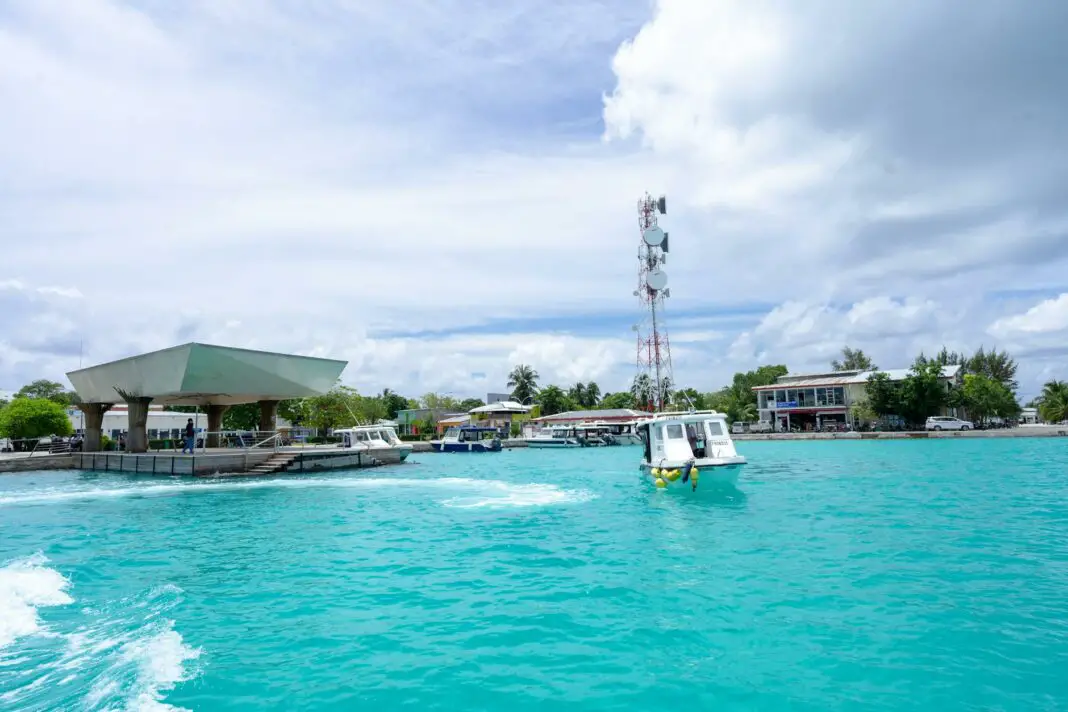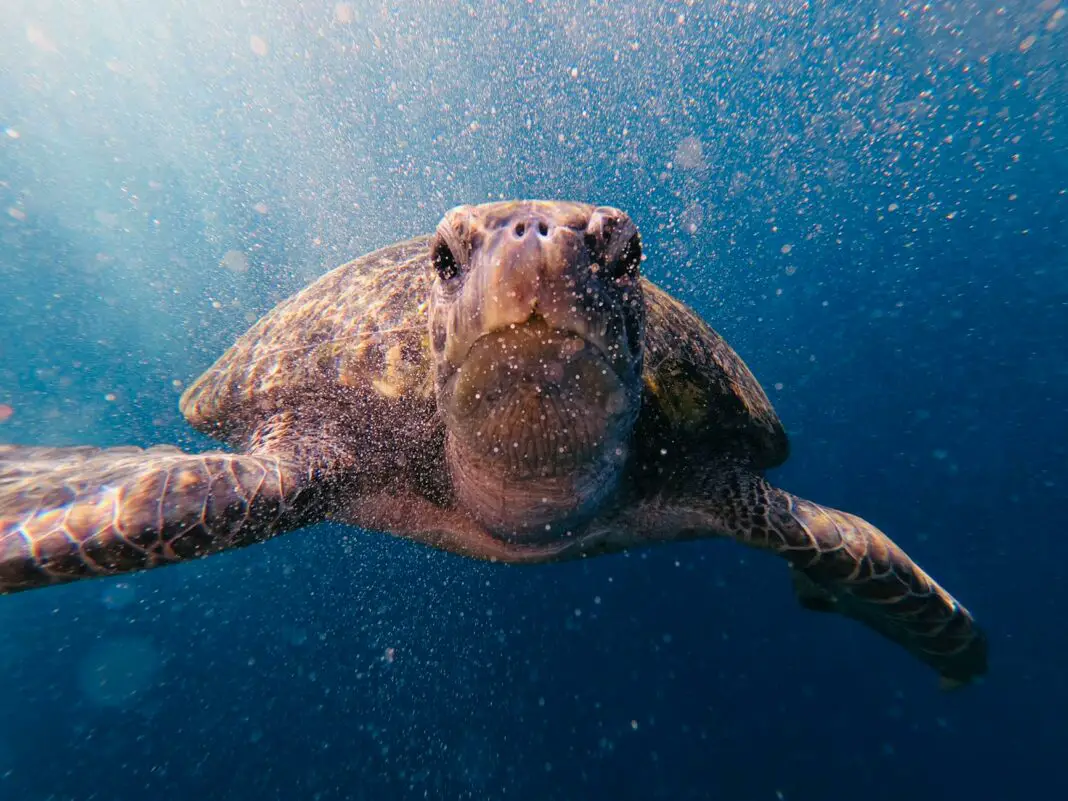Exploring the Beauty of Thailand and the Future of Marine Conservation
Embarking on a trip to Thailand unlocks a world filled with vibrant culture, stunning landscapes, and delectable cuisine. However, beyond the breathtaking beaches and flavorful street food lies a pressing issue: the conservation of marine life. With Thailand being home to some of the most diverse marine ecosystems on the planet, the efforts taken to protect these treasures could very well dictate the fate of global oceans. This blog post delves into the wonders of Thailand, highlighting the country’s breathtaking offerings while addressing the critical question of how Thailand’s marine conservation can contribute to saving our oceans’ future.
Expect deep dives into specific aspects such as Thailand’s thriving tourism scene, its commitment to environmental protection, actionable insights for visitors, and an exploration of marine conservation’s role in sustaining our oceans. Join us as we unravel these compelling themes that not only showcase the allure of Thailand but also emphasize the critical actions needed to safeguard marine ecosystems worldwide.
Table of Contents
- Thailand’s Tourism: A Gateway to Paradise
- The Significance of Marine Conservation in Thailand
- Current Marine Conservation Efforts in Thailand
- Impact of Marine Conservation on Global Oceans
- Actionable Travel Tips for Eco-Conscious Visitors
- A Call to Action: Helping to Save Our Oceans
Thailand’s Tourism: A Gateway to Paradise
Immerse yourself in Thailand, a land that caters to every type of traveler. From bustling markets in Bangkok to serene beaches in Krabi, and from ancient temples to the lively street life, there is a charm woven into every corner of Thailand. As you take in the sights and sounds, it’s important to recognize how tourism significantly impacts the local economy and marine ecosystems. The economic benefits of tourism can be tremendous, providing livelihoods for countless residents, but they also lead to environmental pressure. This paradox presents both a challenge and an opportunity as awareness grows about sustainable practices.
Thailand’s spectacular beaches, like those found in the Andaman Sea, draw millions of visitors each year. However, this allows for the unfortunate possibility of unchecked development and pollution. By actively promoting responsible tourism and encouraging visitors to participate in eco-friendly initiatives, Thailand can harness the power of tourism to protect its natural wonders while still delivering incredible experiences for travelers. The delicate balance between enjoying pristine nature and preserving it for future generations is crucial to Thailand’s ongoing appeal as a travel destination.
The Significance of Marine Conservation in Thailand
Marine conservation in Thailand plays an essential role in maintaining both local and global biodiversity. Thailand’s coastal waters are not only home to vibrant coral reefs, which support thousands of marine species, but they also act as a crucial buffer against climate change. When considering the health of our oceans, Thailand finds itself at a pivotal juncture where tourism, technology, and tradition intersect. Efforts to protect marine ecosystems have far-reaching implications, extending beyond national borders to impact global ocean health.
Coral reefs in Thailand, particularly those in Marine National Parks such as Similan and Tarutao, serve as pristine habitats that require meticulous care. These irreplaceable ecosystems are undergoing immense stress due to climate change, pollution, and overfishing. Recognizing the value of these underwater treasures is vital; preserving them ensures the survival of marine species while supporting the livelihoods of communities that depend on these resources. Thus, as tourism thrives in Thailand, so too must the commitment to its marine conservation efforts.
Current Marine Conservation Efforts in Thailand
Various organizations and government initiatives in Thailand are driving marine conservation. The establishment of Marine Protected Areas (MPAs) is a noteworthy effort aimed at safeguarding marine biodiversity while promoting sustainable fishing practices. These areas restrict harmful activities, allowing marine life to flourish and recover from historical overexploitation. This innovative approach leads to healthier ecosystems, which in turn bolster tourism and local economies.
Furthermore, local communities are increasingly becoming champions of conservation practices. Programs that involve locals in decision-making processes ensure that conservation efforts respect traditional knowledge and practices. Through initiatives like beach clean-ups and coral reef restoration projects, communities are empowered, igniting a movement of stewardship that benefits both people and nature alike. By investing in education and awareness programs, Thailand aims to shape a mindset where every resident and visitor feels responsible for nurturing the magnificent marine environments.
Impact of Marine Conservation on Global Oceans
The ripple effect of Thailand’s marine conservation initiatives extends far beyond its shores. As one of Southeast Asia’s leading tourism destinations, the country’s choices directly impact global ecological well-being. Successfully mitigating threats to local marine ecosystems can yield benefits for distant regions, resulting in healthier oceans worldwide. Such proactive measures contribute to the global fight against climate change, degradation, and biodiversity loss.
The lessons learned from Thailand’s marine conservation efforts offer valuable strategies that can be employed in other countries. Integrating community involvement, sustainable tourism practices, and robust scientific research creates a blueprint for successful ocean conservation. As nations encounter similar environmental challenges, the collaborative exchange of ideas and innovation can amplify progress towards undeterred collective goals. Ultimately, reinforcing a commitment to conservation is not only beneficial for Thailand but can initiate a global movement towards restoring marine health on a larger scale.
Actionable Travel Tips for Eco-Conscious Visitors
Travelers looking to explore Thailand can contribute positively to marine conservation by adopting eco-friendly practices during their visit. Here are actionable tips to enhance your experience while safeguarding the environment:
1. **Choose Eco-Friendly Tours**: Opt for tour operators committed to sustainable practices that prioritize conservation efforts. Look for certifications that highlight their environmental responsibility.
2. **Respect Wildlife**: Whether snorkeling in coral reefs or observing marine animals, maintain a safe distance and avoid touching or feeding creatures. This minimizes human impact on delicate ecosystems.
3. **Participate in Clean-Up Initiatives**: Engaging in local beach clean-ups not only helps maintain the beauty of Thailand’s shores but fosters community connections and understanding of environmental issues.
4. **Reduce Plastic Use**: Bring your reusable water bottle and shopping bags. By eliminating single-use plastics, you significantly lessen your environmental footprint.
5. **Educate Yourself and Others**: Share your experiences and newfound knowledge about marine conservation with others, inspiring them to become advocates for environmental responsibility.
By implementing these actions during your trip, you contribute to preserving Thailand’s natural treasures while enhancing your travel experience.
A Compelling Vision for Tomorrow’s Oceans
The importance of marine conservation in Thailand cannot be overstated. Taking decisive action today means that generations to come will have the privilege to explore and cherish these stunning underwater ecosystems. As travelers and global citizens, each step taken towards protecting our oceans creates a profound impact. By uniting efforts, we can champion the cause of conservation and inspire others to think critically about their influence on the environment.
Our shared responsibility to protect the natural world is paramount. While enjoying the wonders of Thailand, reflect on how your actions contribute to a larger mission of sustaining the health of our planet’s oceans. Embrace this call to action now, and make your voice count in the preservation of marine life, which ultimately supports the intricate web of life on Earth.
Frequently Asked Questions
Why is marine conservation important in Thailand?
Marine conservation is vital for protecting biodiversity, supporting the livelihoods of coastal communities, and ensuring the health of ecosystems that contribute to global ocean sustainability.
What are the primary threats to marine life in Thailand?
Key threats include pollution, overfishing, habitat destruction, and the impacts of climate change, all of which negatively affect marine ecosystems and species.
How can tourists help in marine conservation efforts?
Tourists can engage in eco-friendly activities, participate in community clean-ups, support sustainable tour operators, and be mindful of their ecological footprint to promote marine conservation.
What steps are being taken to protect marine ecosystems in Thailand?
Thailand has established Marine Protected Areas, implemented regulations to reduce overfishing, and involved local communities in conservation initiatives to protect marine biodiversity and foster sustainability.
How can the success of Thailand’s marine conservation efforts impact global oceans?
The success of these initiatives sets a precedent for other nations, demonstrating effective strategies for ocean conservation, which can inspire collaborative efforts to address environmental issues on a global scale.
Image Credit: Pexels





